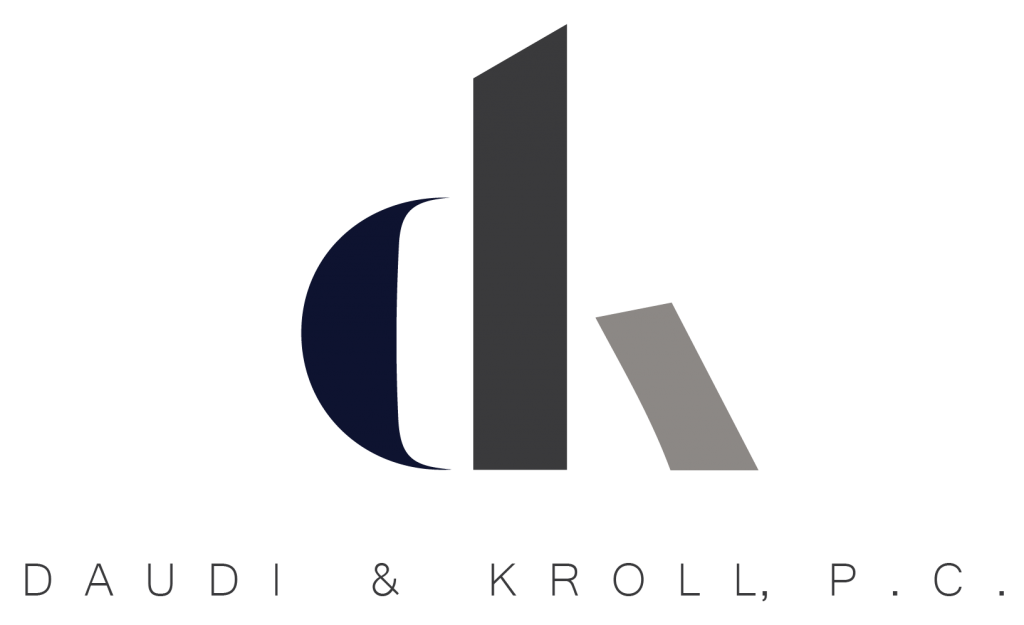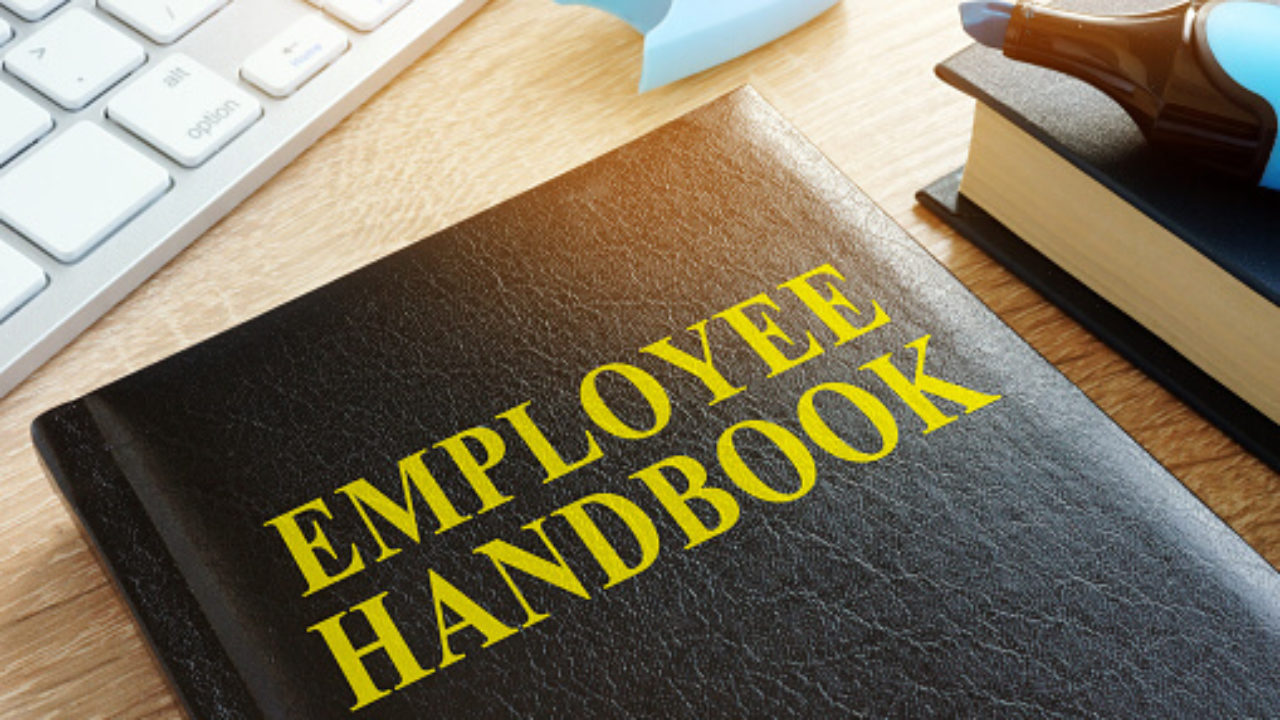With an ever-changing and rapidly evolving society with vast impacts on the workplace, employers must develop, maintain, and continuously update their employment manual to protect their interests, to drive their mission and to uphold their values.
Employee manuals offer a comprehensive outline of the expectations and policies of the employees in the workplace, and an illustrative guideline on how to maintain a safe and productive work environment while following state and federal laws. These manuals assist in shielding employers from potential lawsuits by informing the employees of the employer’s legal rights and available recourses. Moreover, employee manuals ensure the employees that the employer is following the applicable local, state, and federal laws. Employee manuals cover a vast majority of topics, and the most pertinent in today’s workplace which I will cover in this article, are compliance with dress codes and grooming policies, and LGBTQ rights/protections.
Dress Code and Grooming Policies
Although seeming straightforward and fair, many employers may be surprised to realize that company dress codes and grooming policies may open the door to discrimination lawsuits and foster a toxic workplace environment. Today’s workplace comprises of individuals from all walks of life with differing cultures, religions, sexual orientations, and gender identities that may conflict with company policies regarding dress codes and grooming. Head coverings such as hijabs, the growing of facial hair, religious or culturally significant attire. Certain hairstyles such: as locks, cornrows, and braids are commonly associated with the religious practices and expressions of cultural significance to individuals that may violate company dress codes and grooming policies.
In Dep’t of Civil Rights ex rel. Cornell v. Edward W. Sparrow Hosp. Ass’n, discrimination lawsuits were brought up against the employer when their dress code policies for women technologists required them to wear “full white or pastel-colored uniform, including certain shoes, socks, underclothing, dresses, or pantsuits… skirts of “respectable length” and accessories “appropriate for the situation.” Dep’t of Civil Rights ex rel. Cornell v. Edward W. Sparrow Hosp. Ass’n, 423 Mich. 548, 377 N.W.2d 755 (1985). On the other hand, the men were allowed to wear “white laboratory coats over street clothes.” Dep’t of Civil Rights ex rel. Cornell v. Edward W. Sparrow Hosp. Ass’n, N.W.2d at 756. The court here held that the policy was, in fact, discriminatory. Id. The court reasoned that the lower court was correct to determine the dress code policy as discriminatory as the dress code unfairly targeted women. Id.
Employers should always review and/or modify their policies to allow for these specific exemptions so as to not prevent or alienate certain individuals from being able to abide by their beliefs.
LGBTQA+ Rights/Protections
LGBTQ rights and protections have been expanded in the workplace following the historic Supreme Court decision in Bostock v. Clayton Cnty. The court ruled that Title VII protections of the Civil Rights Act of 1964, which outlawed “discrimination in the workplace on the basis of race, color, religion, sex, or national origin,” was now expanded to protect individuals that identify with the LGBTQ community. Bostock v. Clayton Cnty., 140 U.S. 218, (2020). Therefore, it is crucial that employee manuals include an updated section on LGBTQ rights in the workplace to nurture a safe and inclusive environment for its employees and prevent future lawsuits.
It is also important for employers to note that the employee manuals shouldn’t only focus on codified laws and protections. It is critical for employers to highlight general practices of human decency and respect to maintain a healthy and safe work environment to provide for optimal efficiency in the workplace as well as, ensuring maximum legal protections to the employers.
Always be sure to consult with a trusted professional who can assist and guide you through the process of reviewing and updating your employment policies. Call us if you need help.
M. Hussein Houjaij is an Associate Attorneys at Daudi & Kroll, P.C., focusing primarily on Commercial Transactions and Commercial Litigation. He can be contacted for any questions related to this article or other areas of law at hussein@daudikroll.com, or (734) 351-5578.

